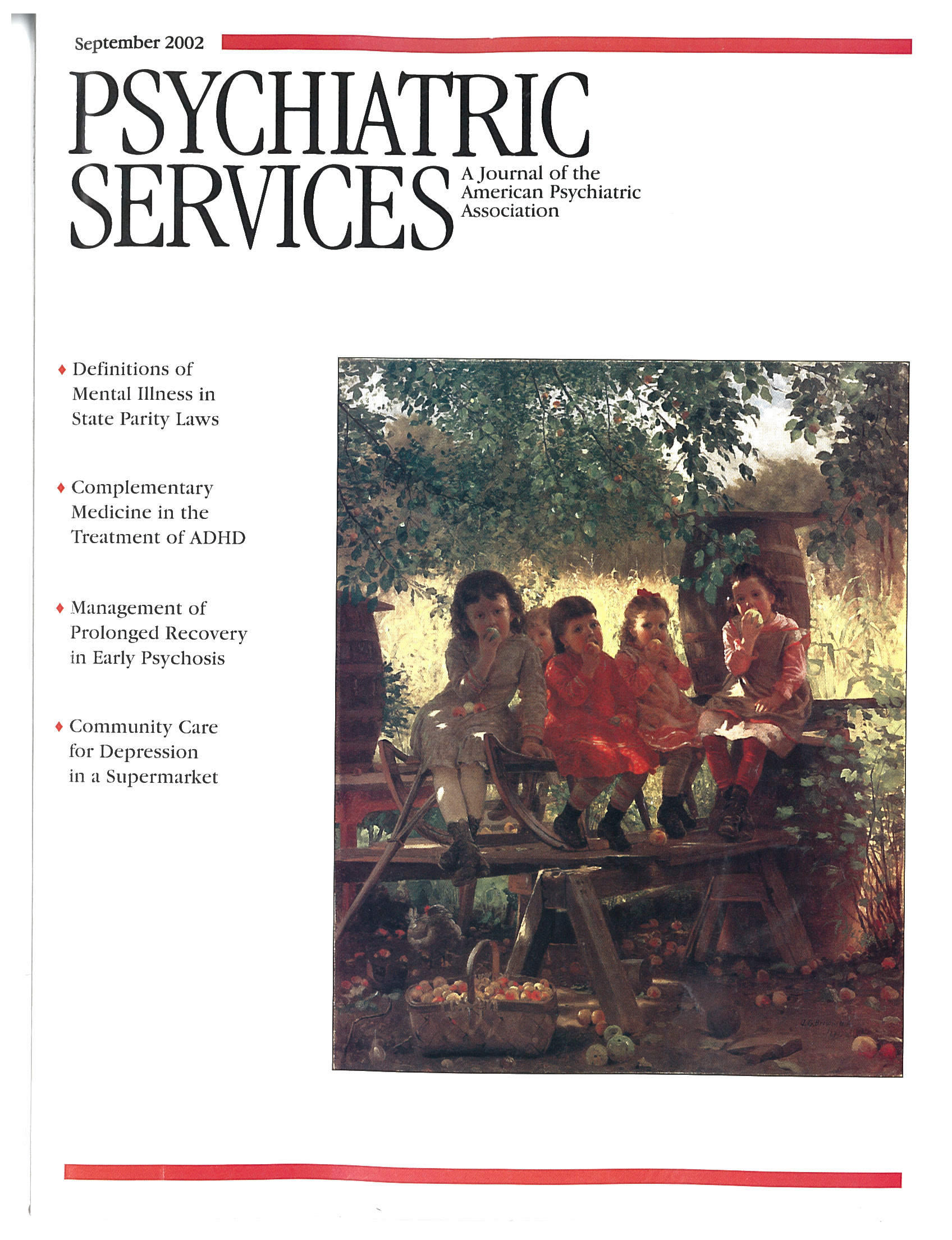Understanding the complex relationship between normal neuroanatomic substrate and neurochemical functioning and how that relationship becomes impaired or deviant is possibly no better illustrated than in the literature on obsessive-compulsive disorder. Research on obsessive-compulsive disorder suggests that variations in the clinical presentation may be based on differences in the neuroanatomy and chemistry involved, in relatively small areas of the brain. Frontal-Subcortical Circuits in Psychiatric and Neurological Disorders provides a broad and rich foundation from which obsessive-compulsive disorder and other neuropsychiatric conditions can be approached with a better understanding of this relationship.
The text begins with an overview of the anatomy of the frontal-subcortical circuits. The common features of the circuits are described, including frontal-subcortical projections and the individual features unique to specific circuits, the neurotransmitter systems influencing these circuits, and clinical correlations. The four chapters that follow review in detail the neuroanatomy, neurochemistry, and neurophysiology of the frontal-subcortical circuit. This material forms the knowledge base for the discussions of the various clinical syndromes or conditions covered in the next ten chapters. The last two chapters review neuropharmacological and surgical interventions.
A broad range of clinical conditions and states are reviewed in this text. They include cognitive abilities and impairments, personality and behavior, disinhibition, depression, addictions, movement disorders, development, attention-deficit disorder, and schizophrenia. The chapter on cognitive abilities reviews cognitive functions in some classical subcortical neurological disorders, such as Huntington's disease and progressive supranuclear palsy, and describes the distinctions observed in Alzheimer's disease.
The chapter on depression reviews anatomic studies, data from functional imaging, and treatment effects and discusses a working model of depression involving neuroanatomic "compartments" that subserve cognitive or vegetative functions. The chapter on obsessive-compulsive disorder provides a nice review of the numerous brain imaging studies of the illness and discusses brain system models that may mediate the disorder. The chapter on addictions reviews acute effects, tolerance, and withdrawal from alcohol and other addictive substances and discusses behavioral addictions such as eating disorders and gambling. The chapter on movement disorders reviews in detail various hypokinetic and hyperkinetic movement disorders. The chapter on pharmacology discusses interventions in terms of specific neurotransmitter systems. Some of the chapters are more scientifically grounded than others, reflecting the current state of knowledge about different conditions.
Reading this material can be a challenge. I had to keep a neuroanatomy text at hand to follow the discussions on individual circuit anatomy, and some sections requiredat least one rereading. But the end result was worth it. The editors and contributors provide a valuable textbook that addresses the neuroanatomic and neurochemical basis of several important neurological and psychiatric conditions. The book should serve as an important resource for clinicians and researchers.

